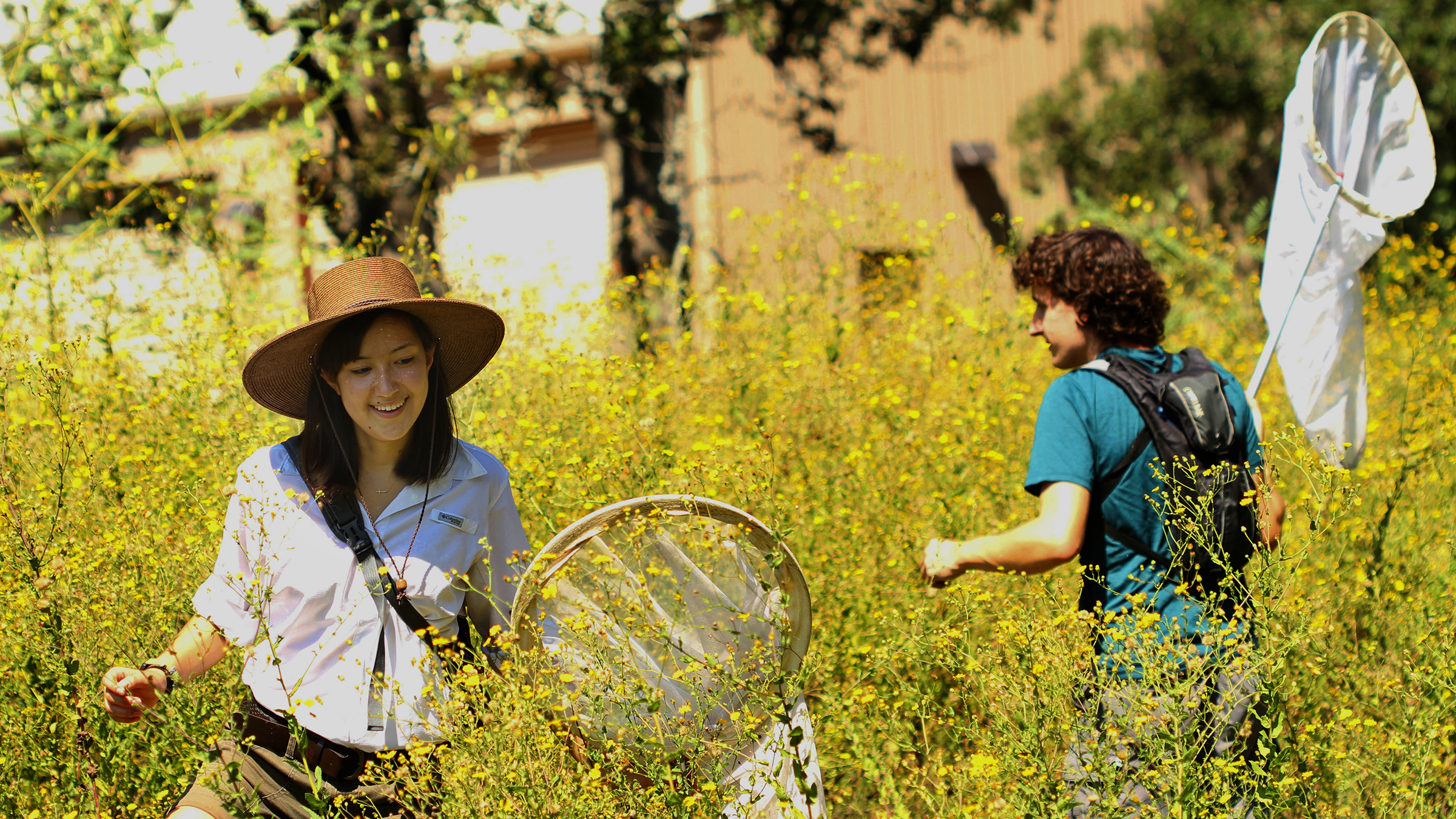Supporting Discovery
Texas Field Station Network sites give scientists and students long-term access to protected research spaces in ways that are essential for building out knowledge necessary to tackle the most pressing ecological problems of our time.
Researchers do field work at our stations while embedded in communities. They conduct studies that benefit the natural areas within Texas and people living in and around these places.
Topics of study include the following:
-
Invasive Species Management
Field station researchers have led work on how to address invasive fire ants, tawny crazy ants and invasive grasses.
-
Habitat Restoration
Monitoring human-driven changes in the environment, scientists also track the recovery and restoration of native plant and insect communities.
-
Hydrology
Researchers are examining water resources and ecosystem carbon storage under drought, Hill Country groundwater resources and trees as water towers.
-
Biodiversity & Ecosystem Dynamics
Researchers study species and their interactions with ecosystems over time, as diverse fields of science analyze how plants, animals, water, air, minerals and mankind interact.
-
Climate Change
Studying land-water-atmosphere-biosphere interactions, climate dynamics, the carbon cycle and the impact on life on Earth.
-
Biogeochemistry
Researchers examine factors such as food webs to understand the delicate balance and flow of nutrients that can sustain or challenge biological communities.

